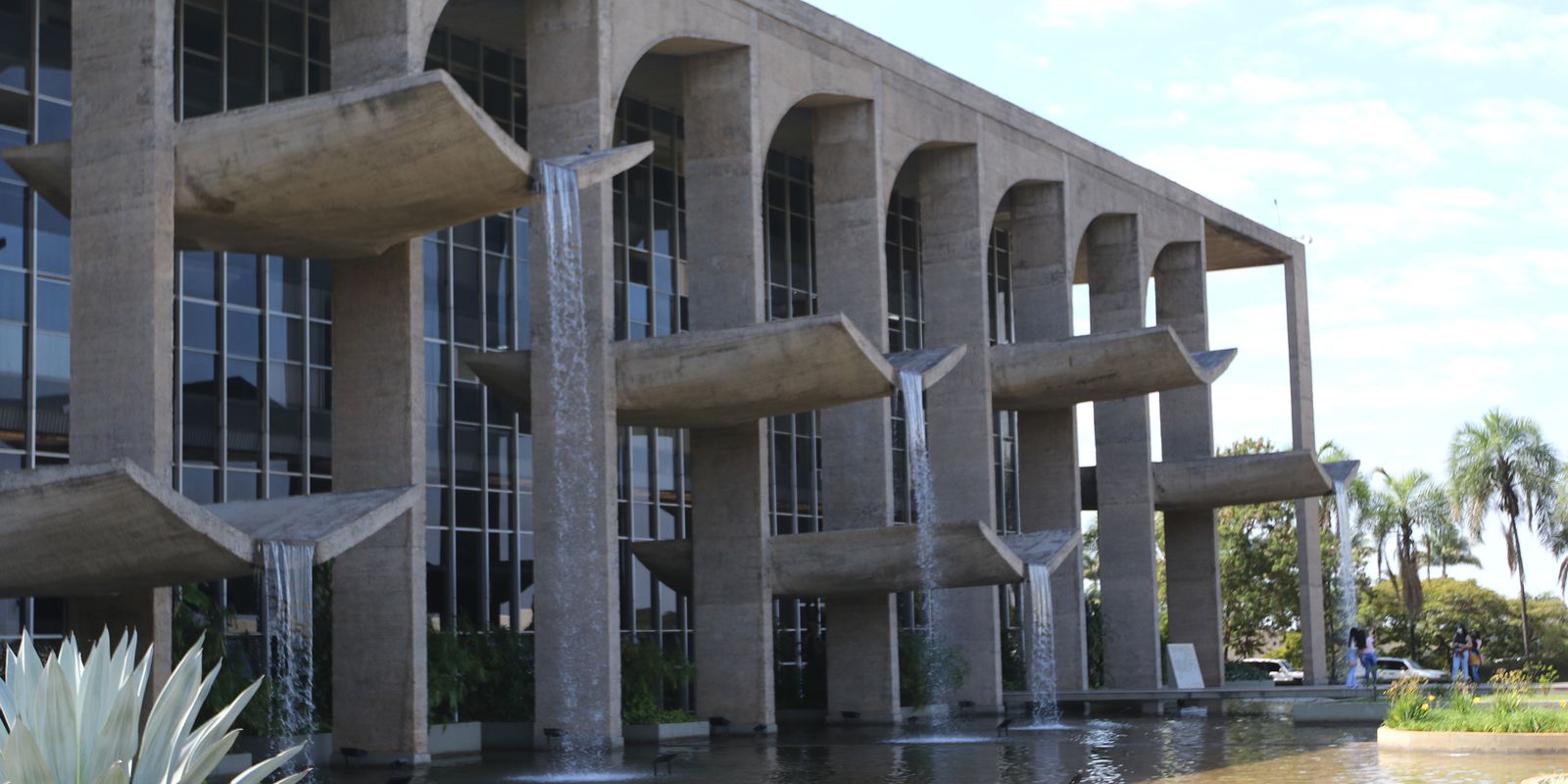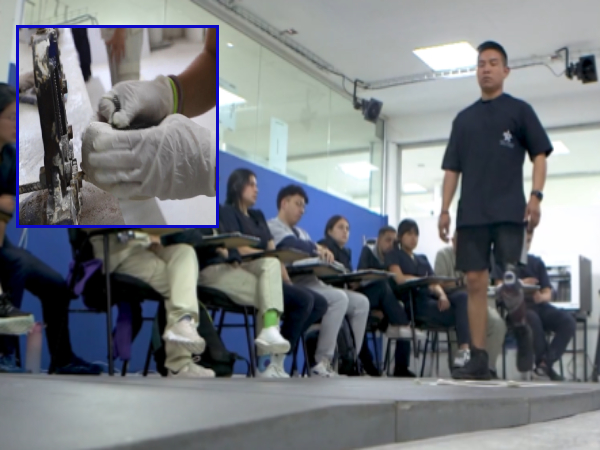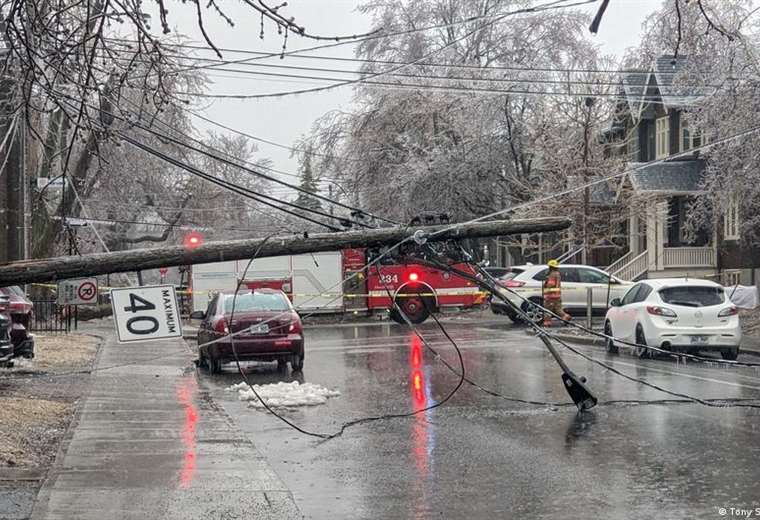This Thursday (6th), the Ministry of Justice and Public Security (MJSP) began Operation Safe School, with the aim of carrying out preventive and repressive actions against attacks on schools across the country. The operation counts on the participation of police stations against cybercrime from the main Brazilian regions, which will act in line with the portfolio’s strategies.
According to the National Secretary of Public Security, Tadeu Alencar, the integration between the state security forces and the MJSP will be essential to face this wave of crime in the school environment. “In an issue like this, which moves the country, we have to join hands, join efforts, we have to gather a lot of energy because the indignation comes, the commotion comes, but our responsibility comes to face this”, said Alencar .
Authorities in the area of public safety reinforce the need to expand dialogue with the platforms responsible for social networks operating in Brazil. According to delegates present at the launch of the Safe School Operation, cooperation between all the actors involved will be essential to prevent and react to cases of violence in schools, as well as to identify people who encourage attacks.
Next Monday (10), a meeting is scheduled with representatives of social networks to align an action protocol. According to public security specialists, many young people are recruited by these networks, which have become a kind of “shop window” for extremist groups that promote hate speech.
Another important point is the role of the media in disclosing these types of cases. According to the MJSP, the recommendations are to not disclose the names of the authors, or any type of images, videos or symbols that identify them, under any circumstances. This measure prevents the so-called “contagion effect”, which can trigger other attacks or similar events in a short period and in a close geographic area.
Notice
Within the Ministry of Justice’s package of actions to combat violence, the folder must invest BRL 150 million in supporting school rounds or similar actions. The measure, authorized by the President of the Republic, Luiz Inácio Lula da Silva, will be made through a public notice, to be published next week. The resources will come from the National Fund for Public Security (FNSP) and will be offered to states and municipalities, which have the constitutional competence to carry out ostensive patrolling.


















